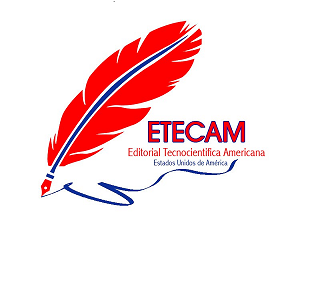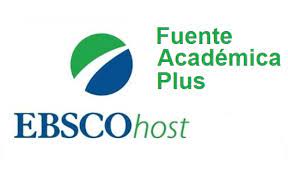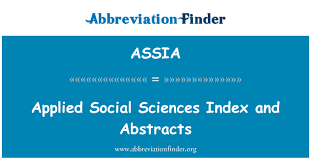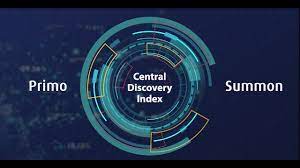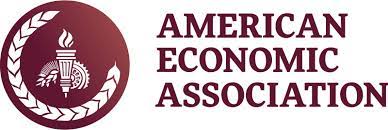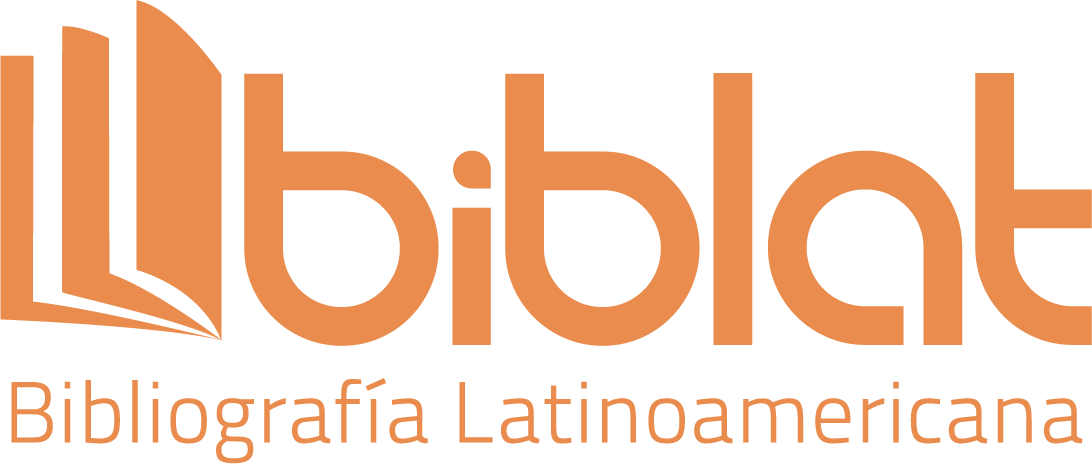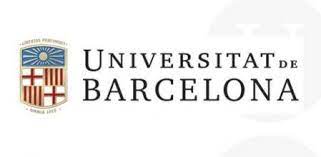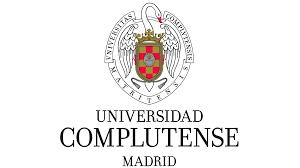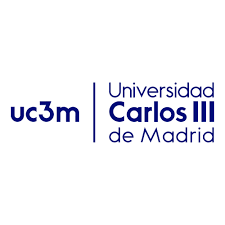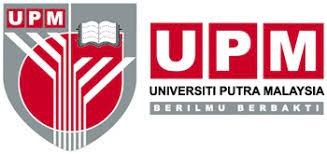Playful strategy for the motivation of the learning of Mathematics in the students of sixth grade of EGB of the school of basic education Republica de Italia
DOI:
https://doi.org/10.51736/sa.v7iEspecial%206.424Keywords:
motivation, playful strategy, mathematics learning, sixth grade students, academic performanceAbstract
Motivation in learning mathematics is a determining factor for the academic and cognitive development of students. Therefore, this study aimed to design a ludic strategy to enhance the motivation of sixth grade students of General Basic Education (EGB) in mathematics. A quasi- experimental study was carried out with an experimental group and a control group, where the playful strategy was implemented in the former and traditional teaching was maintained in the latter. The sample consisted of 70 students from the Basic Education School ‘República de Italia’, divided into two groups of 35 each, as well as 3 mathematics teachers. The study combined qualitative and quantitative methods, including teacher interviews, design and validation of the play strategy, application of questionnaires and analysis of academic performance. The results revealed low motivation and unsatisfactory performance in mathematics, especially in the control group. The application of the play strategy showed significant improvements in motivation and academic performance in the experimental group. Statistical tests such as frequency analysis, Wilcoxon and Student's t-tests were used to compare the levels of motivation and academic performance before and after the intervention, verifying the normality of the data with the Shapiro-Wilk test. This study highlights the importance of implementing innovative and motivational strategies in mathematics teaching to improve students' learning and performance.
Downloads
References
Aguaiza, J. C. (2023). El método lúdico como estrategia determinante para el aprendizaje de ecuaciones e inecuaciones. Revista Científica UISRAEL, 10(1), 115-129.
Alean, A. M. C., Montoya, M. M. M., & González, J. R. R. (2020). Estrategias lúdicas para el desarrollo de la competencia de Resolución de Problemas Matemáticos en Entornos Escolares. Assensus, 5(9), 110-131.
Arias-Flores, H., Solis, M., & Zapata, M. (2023, January). Playful Thinking as a Strategy to Assess Mathematical Skills in Primary School. In International Conference on Smart Trends in Computing and Communications (pp. 251-258). Springer Nature Singapore.
Arias, J. L., & Covinos, M. (2021). Diseño y metodología de la investigación. Enfoques Consulting EIRL, 1, 66-78.
Cáceres-Cabrera, M. P., García-Herrera, D. G., Cárdenas-Cordero, N. M., & Álvarez, J. C. E. (2020). Juegos tradicionales como estrategia metodológica para la enseñanza de matemática. Cienciamatria, 6(3), 428-449.
Calderón, G. E. C. (2022). Actividades lúdicas para aprender matemática. Polo del Conocimiento: Revista científico-profesional, 7(10), 1571-1593.
Castillo, M. J. P., & Vinces, F. V. V. (2023). Planificación micro-curricular de Matemática, con énfasis en competencias de instituciones educativas públicas. Loja, Ecuador. Revista Ciencias Pedagógicas e Innovación, 11(2), 70-81.
Cohrssen, C., Church, A., & Tayler, C. (2016). Play-based mathematics activities as a resource for changing educator attitudes and practice. Sage Open, 6(2), 2158244016649010.
de Campos, A. M. A. (2021). A Teoria do Flow como promotora motivacional para estudantes com ansiedade matemática. Boletim Cearense de Educação e História da Matemática, 8(23), 1314-1324.
Domínguez-Morales, S., Pérez-Hernández, M., & Pérez-Sánchez, E. (2022). Ambientes de aprendizaje para favorecer competencias matemáticas en educación básica. Revista RedCA, 5(13), 144-162.
Ilgaz, H., Hassinger-Das, B., Hirsh-Pasek, K., & Golinkoff, R. M. (2018). Making the case for playful learning. International handbook of early childhood education, 1245-1263.
Illescas-Cárdenas, R. C., García-Herrera, D. G., Erazo-Álvarez, C. A., & Erazo-Álvarez, J. C. (2020). Aprendizaje Basado en Juegos como estrategia de enseñanza de la Matemática. Cienciamatria, 6(1), 533-552.
Menéndez, M. D. J. A., & Parrales, E. G. P. (2019). El juego: Actividad lúdico-educativa que fomenta el aprendizaje significativo de operaciones básicas matemáticas. Dominio de las Ciencias, 5(1), 377-393.
Muñoz, O. E. B. (2020). El constructivismo: modelo pedagógico para la enseñanza de las matemáticas. Revista EDUCARE-UPEL-IPB-Segunda Nueva Etapa 2.0, 24(3), 488-502.
Murtagh, E. M., Sawalma, J., & Martin, R. (2022). Playful maths! The influence of play-based learning on academic performance of Palestinian primary school children. Educational Research for Policy and Practice, 21(3), 407-426.
Quintanilla, N. Z. (2020). Estrategias lúdicas dirigidas a la enseñanza de la matemática a nivel de educación primaria. Mérito-Revista de Educación, 2(6), 143-157.
Ríos, A. R., & Peña, A. M. P. (2020). Estadística inferencial. Elección de una prueba estadística no paramétrica en investigación científica. Horizonte de la Ciencia, 10(19), 191-208.
Rojas, Y. C., & Florez, E. G. (2023). Playfulness: a strategy to reduce apathetic behavior in mathematics learning. Sinergias educativas, 8(2), 2-2.
Rufino Sosa, M., Atoche-Silva, L. A., Sandoval Peña, J. M., Sandoval Chunga, M. C., & García Paz, E. D. S. (2024). Geogebra Software And Playful Strategies In Mathematics Learning In Students Of A State Educational Entity Of Piura, 2023. Migration Letters, 21(S3), 1037-1049.
Toro-Garcia, J., & Alpizar-Muni, J. (2023). Las Estrategias lúdicas en la enseñanza virtual de matemáticas: Estrategia Lúdicas. Revista Científica Ciencia y Tecnología, 23(40), 87- 100.
Torres, C. V. G., Atoche, C. B., Cedeño, B. J. B., Santana, L. M. Q., & Preciado, M. P. U. (2022). Estrategias lúdicas para el desarrollo del pensamiento lógico matemático en niños de preparatoria. Ciencia Latina Revista Científica Multidisciplinar, 6(1), 785-803.
Published
How to Cite
Issue
Section
License
Copyright (c) 2024 Jaime Hernán Pérez Chicaiza , Jose Alberto Chicaiza Guaranda , Wilber Ortiz Aguilar

This work is licensed under a Creative Commons Attribution-NonCommercial-ShareAlike 3.0 Unported License.













